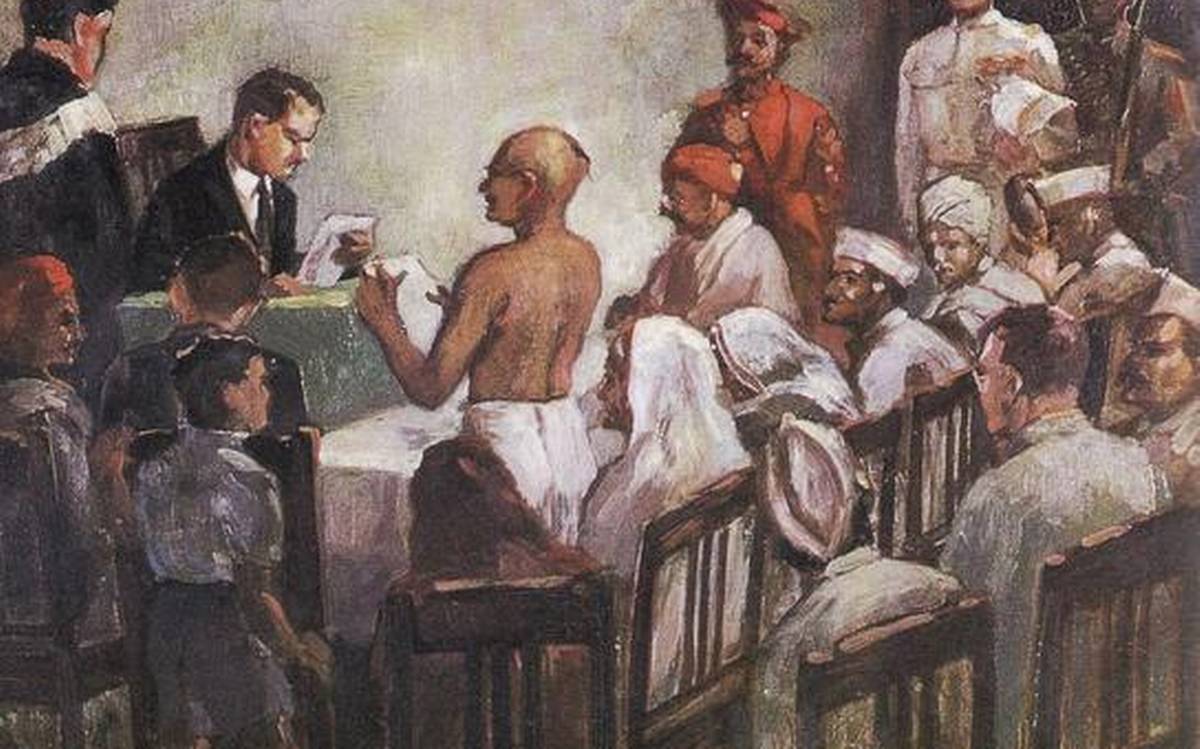
Chauri Chaura is a village in the northern Indian state of Uttar Pradesh. Chauri Chaura rose to prominence during the Indian freedom struggle as a result of a violent clash between British Indian police and political activists. Supporters of the Khilafat movement and the Indian National Congress clashed with local police on February 4, 1922. An enraged mob then set fire to the local police station, murdering 22 Indian officers who had taken refuge inside.
Gandhi’s response was swift: he withdrew the Non-Cooperation movement, stating that violence had no place in any mass disobedience movement. A section of the Congress leadership was sceptical of Gandhi’s choice, but his point of view prevailed.
Gandhi, on the other hand, was arrested on accusations of sedition on March 10, 1922.
While in his testimony to the judge, Gandhi said: “I have come to the conclusion that it is impossible for me to dissociate myself from the diabolical crimes of Chauri Chaura . . . Non-violence is the first article of my faith . . . But I had to make my choice. I had either to submit to a system which I considered has done an irreparable harm to my country, or incur the risk of the mad fury of my people bursting forth when they understood the truth from my lips. I know that my people have sometimes gone mad. I am deeply sorry for it; and I am, therefore, here to submit not to a light penalty but to the highest penalty. The only course open to you, Mr. Judge, is . . . either to resign your post or inflict on me the severest penalty.”
As the judge sentenced Gandhi to six years’ imprisonment, he made the following remarks: “you are in a different category from any person I have ever tried or am likely ever to try . . . in the eyes of millions of your countrymen you are a great patriot and a great leader; even all those who differ from you in politics look up to you as a man of high ideals and of noble and even saintly life.”
A Judge concluded Gandhi’s statement by citing Lokmanya Tilak’s court trial, who based on the same ruling sentenced Gandhi to six years in prison, adding, “Nobody would be happier than me if the Government released you from prison.“
Gandhi’s ability to convey different messages for various audiences was evident in his oratory skills and his talent for rhetoric. There were many different views and interpretations about Gandhi’s trial. The trial of Gandhi was watched by three kinds of audiences. In addition to the British audience and British public at home, there was also the Indian middle class and Indian peasantry. Each of Gandhi’s audiences received a different message from his rhetoric.
